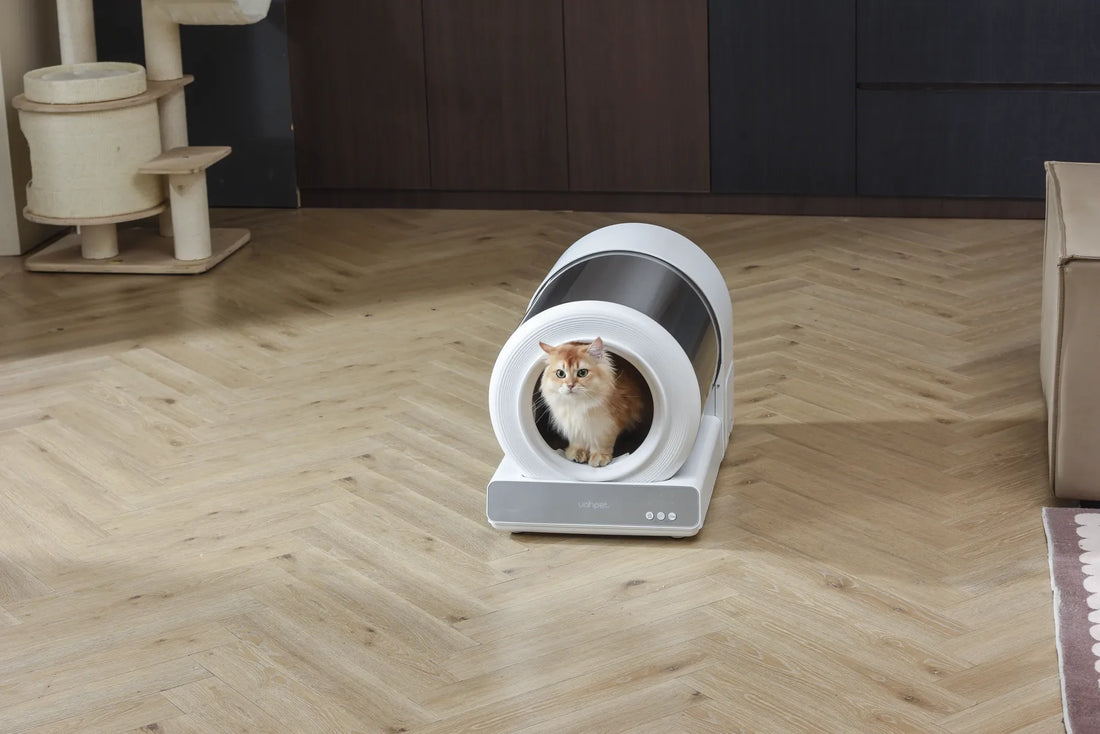If you've ever heard your cat yowl after using the litter box, you're not alone. This behavior can be puzzling and even concerning for pet owners. Understanding why your cat exhibits this behavior is crucial for ensuring their well-being and maintaining a harmonious household. Let's delve into the possible reasons behind this vocalization and explore how you can address it.
Medical Issues
One of the primary reasons your cat might yowl after using the litter box is due to medical issues. Cats are known for their stoic nature, often hiding pain or discomfort until it becomes severe. If your cat is experiencing pain while urinating or defecating, they may vocalize as a way to express their distress.
Common medical conditions that could cause this behavior include urinary tract infections (UTIs), bladder stones, or constipation. These conditions can make the litter box experience painful, leading to yowling. If you notice any changes in your cat's litter box habits, such as straining, frequent trips, or blood in the urine, it's essential to consult your veterinarian promptly.
Stress and Anxiety
Stress and anxiety can also play a significant role in your cat's behavior. Cats are creatures of habit, and any changes in their environment can lead to stress. This stress can manifest in various ways, including yowling after using the litter box.
Factors such as a new pet, a move to a new home, or even a change in the type of litter can cause anxiety. Ensuring that your cat has a safe and comfortable environment is crucial. Providing multiple litter boxes in different locations and using familiar litter can help reduce stress and minimize yowling.
Territorial Behavior
Cats are territorial animals, and yowling after using the litter box can be a way of marking their territory. This behavior is more common in multi-cat households where cats may feel the need to assert dominance or establish boundaries.
If you have multiple cats, it's essential to provide enough litter boxes to prevent competition. The general rule is to have one litter box per cat, plus one extra. This ensures that each cat has access to a litter box without feeling threatened or stressed.
Attention-Seeking Behavior
Some cats may yowl after using the litter box as a way to seek attention. If your cat has learned that yowling results in immediate attention from you, they may continue this behavior to get your focus.
While it's essential to address any underlying issues, it's also crucial not to reinforce attention-seeking behavior. Instead, try to provide your cat with positive attention and playtime regularly, so they don't feel the need to yowl for your attention.
Age-Related Changes
As cats age, they may experience changes in their behavior and health. Senior cats are more prone to medical conditions such as arthritis, kidney disease, or cognitive dysfunction, which can lead to yowling after using the litter box.
If your older cat starts yowling, it's essential to have them evaluated by a veterinarian. Addressing age-related issues early can help improve their quality of life and reduce vocalization.
Environmental Factors
The location and condition of the litter box can also influence your cat's behavior. If the litter box is in a noisy or high-traffic area, your cat may feel stressed or uncomfortable using it, leading to yowling.
Ensure that the litter box is placed in a quiet, accessible location. Regularly cleaning the litter box and providing a comfortable substrate can also help reduce stress and minimize yowling.
How to Address Yowling After Using the Litter Box
Addressing yowling after using the litter box involves identifying the underlying cause and taking appropriate steps to address it. Here are some tips to help you manage this behavior:
- Consult your veterinarian to rule out any medical issues.
- Provide multiple litter boxes in different locations.
- Use familiar litter and keep the litter box clean.
- Ensure your cat has a safe and comfortable environment.
- Address any stress or anxiety triggers.
- Provide regular positive attention and playtime.
- Monitor your cat's behavior and make adjustments as needed.
By understanding the reasons behind your cat's yowling and taking proactive steps, you can help ensure their well-being and maintain a peaceful household. Remember, every cat is unique, and what works for one may not work for another. Patience and observation are key to addressing this behavior effectively.
If your cat's yowling persists or you notice any other concerning behaviors, don't hesitate to seek professional advice. Your veterinarian can provide valuable insights and recommend appropriate treatments or interventions. Taking the time to understand and address your cat's needs will strengthen your bond and ensure a happy, healthy life for your feline friend.














